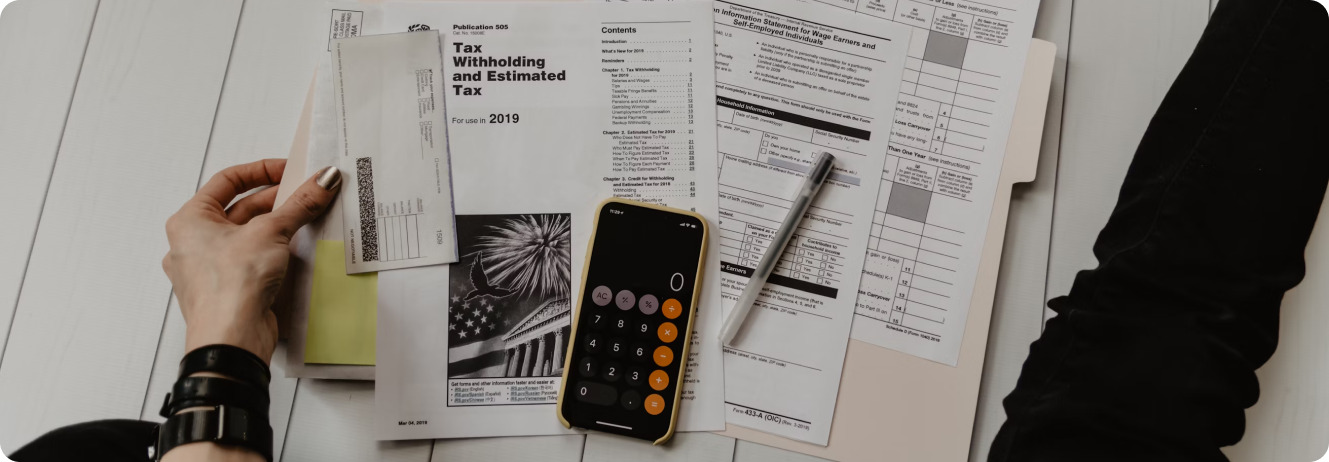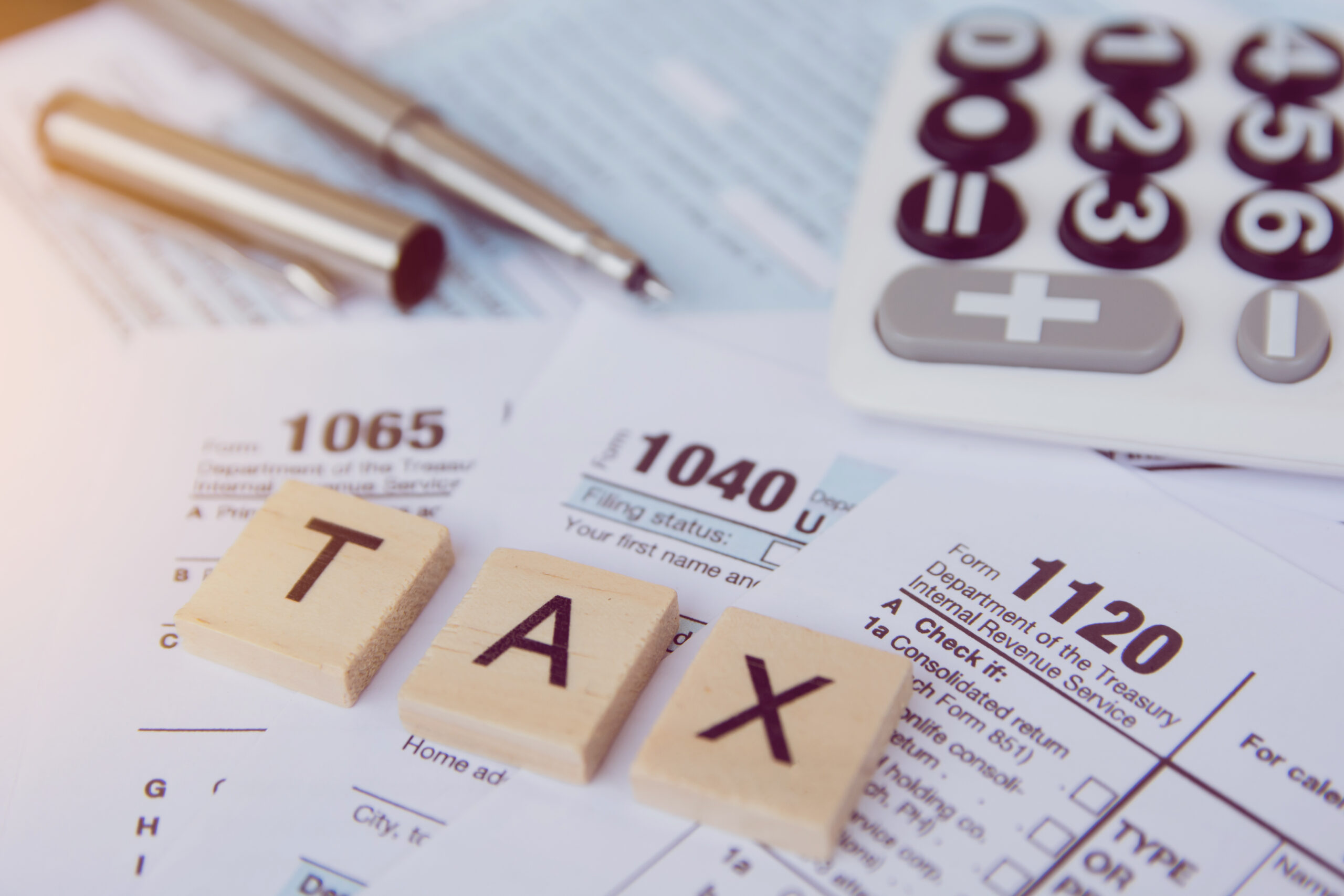How to Lower Business Taxes Before Year End

Reema
Updated: April 2, 2024
With the upcoming tax deadline around the corner, you might be wondering what you can do to lower your business taxes. Knowing how to lower your business taxes before the end of the year is key to your success as a business owner. Don’t miss out on the chance to minimize your tax liability!
At the end of every fiscal year, business owners should look for more ways to save money. So, if you’re thinking about buying new business equipment or making donations, now is the time.
Below, we have listed the 6 things You can do to Lower Your Business Taxes before the End of the Year
#1: Stock up on business equipment
Have you had your eye on business equipment like computers or cars? Consider buying those things before the end of the year to minimize your tax liability. Business equipment purchases are considered capital expenses. That means they ultimately increase your business assets. Before, businesses could only write off capital assets bit by bit, through depreciation. But now, section 179 of the tax code enables business owners to deduct the full purchase price of business equipment from their taxes. Thanks to this rule, you can write off up to $1,160,000 on business equipment purchases in 2024. This shift can help you save big come tax time.
#2: Lower your Business Taxes by making donations to charity
Do you itemize your deductions? If so, you can lower your business taxes by making charitable donations. If you donate money or property to a 501(c)(3) public charity, your donation is tax-deductible. As a result, you should keep track of those donations for tax purposes.
#3: Set up retirement plans for your employees
Setting up a 401(k) plan for your employees is another potential way to save on business taxes. When you do this, you can claim an annual deduction of up to $500 for the first three years that the plan is in effect. Plus, your contributions to a 401(k) plan are tax-deductible business expenses. Have you been thinking about setting up a retirement plan for your employees? Doing so before the end of the year could save you money.
#4: Set up a Health Savings Account (HSA)
As a business owner, you likely have to pay for your own health insurance. If this is the case, consider opening up a Health Savings Account. HSAs are often accompanied by high-deductible insurance plans. Any contributions you make to your HSA are tax-deductible. You will also not be taxed on any withdrawals you make on your HSA. If you want to lower your business taxes, you can make a year’s worth of contributions to your HSA by the end of the year. You can then deduct all those contributions come tax time.

#5: Lower your Business Taxes by writing off bad debt or obsolete inventory
Have you had a hard time collecting payments from certain clients? Do you have any business equipment that is no longer functional? You’re in luck — you can write off bad debts and obsolete inventory on your taxes. Writing off uncollectible debts will reduce your total business income. Meanwhile, writing off worthless equipment will increase your expenses. Combined, these two things can significantly reduce your tax liability.
#6: Sell depreciating stocks
If you’ve noticed that some of your stocks have fallen in value, consider selling them before the end of the year. Try to sell off enough stocks that you incur at least $3,000 in losses. Then, if your capital losses exceed your capital gains this year, you’ll be able to deduct up to $3,000 from your business income. That means you’ll end up with less taxable income, and you can lower your business taxes that way. These are only some of the ways in which you can take advantage of year-end business tax deductions. But you don’t have to wait for the end of the year to see what deductions you have available to you. Instead, year-round tax planning can help you take advantage of possible tax deductions and your existing assets. That way, as the year draws to a close, you’ll have a good idea of what you need to do to minimize your tax liability.


